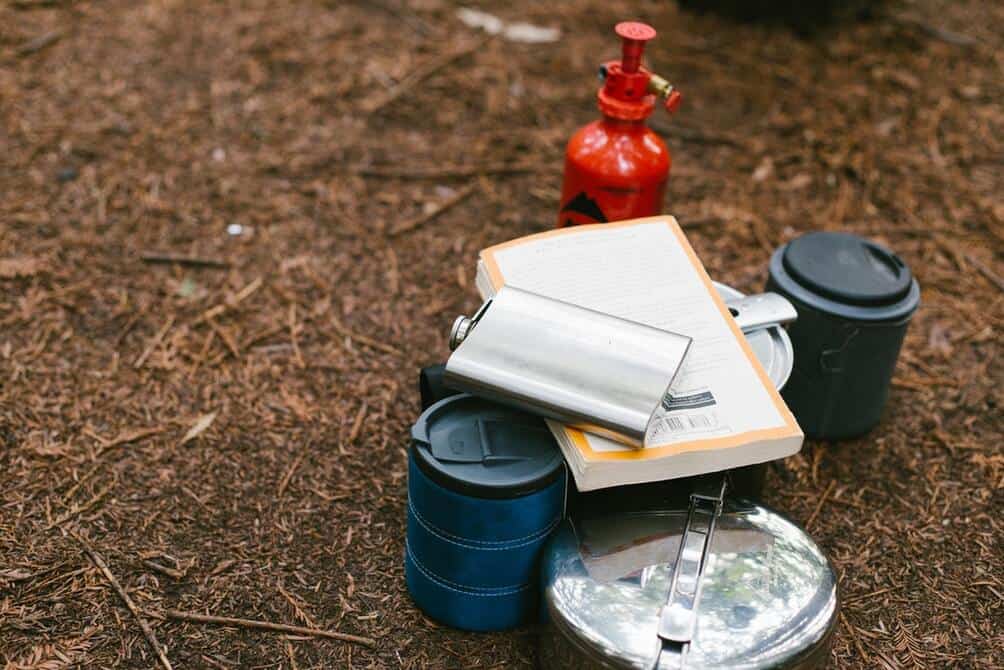Packing eggs for camping can feel like a risky move—nobody wants a cooler full of yolk and shells. But with the right techniques, you can enjoy fresh eggs at your campsite without worry. This guide delivers proven methods, expert tips, and creative solutions for keeping your eggs safe, fresh, and ready for breakfast in the wild.
Key Takeaways
- Choose the right packing method—whole, cracked, or powdered eggs—for your trip’s needs.
- Use sturdy containers and padding to prevent breakage during transport.
- Keep eggs cool and dry to maximize freshness and food safety.
- Prep eggs at home for easier, mess-free camp cooking.
- Consider alternatives like hard-boiled or powdered eggs for longer trips.
Why Bring Eggs Camping?
Eggs are a camping staple: they’re nutritious, quick to cook, and work in countless recipes from scrambles to pancakes. The only challenge? Their fragility. Fortunately, with a little planning, you can pack eggs securely for any adventure.
Related: How To Fit Camping Gear In Your Car
Packing Methods: Which Is Best for You?
1. Whole Eggs (In the Shell)
Best for: Short trips, minimal prep, classic camp breakfasts.
How to Pack:
- Use a hard plastic egg carrier: These are made for camping, with individual slots to cushion each egg.
- DIY with original carton: Reinforce with rubber bands and wrap in a towel or bubble wrap for extra shock absorption.
- Add padding: Place paper towels or cloth between eggs if using a homemade container.
Pro Tip: Brown eggs tend to have slightly thicker shells than white eggs—choose them if available.
2. Pre-Cracked or Beaten Eggs
Best for: Convenience, recipes requiring mixed eggs, longer or rougher trips.
How to Pack:
- Crack eggs into a clean, wide-mouth bottle or mason jar.
- Seal tightly and keep refrigerated until you leave.
- Label the container with the number of eggs inside.
- Shake before use if you want scrambled eggs on-site.
Advantages: No shells to deal with at camp, less risk of breakage, easy to pour for recipes.
Related: How To Pick a Sleeping Bag
3. Hard-Boiled Eggs
Best for: Ready-to-eat snacks, salads, or quick protein boosts.
How to Pack:
- Boil eggs at home, cool, and peel.
- Store in a zip-top bag or sealed container with a paper towel to absorb moisture.
- Keep chilled in your cooler.
Bonus: Hard-boiled eggs last up to a week if kept cold.
4. Powdered or Dehydrated Eggs
Best for: Backpacking, ultralight trips, or when refrigeration isn’t possible.
How to Pack:
- Buy powdered eggs from outdoor retailers.
- Pack in a waterproof bag or container.
- Rehydrate with water according to package instructions.
Advantages: No breakage risk, lightweight, long shelf life.
Storage & Safety Tips
- Keep eggs cold: Store in the coldest part of your cooler, above ice packs but away from melting water.
- Don’t let eggs sit out: Eggs should stay below 40°F (4°C) for safety.
- Pack eggs in the center of your cooler or backpack, surrounded by soft items for extra cushioning.
- Check for cracks before you leave, and discard any compromised eggs.
Troubleshooting & Pro Tips
- If an egg cracks: Discard or cook it immediately if safe.
- For longer trips: Consider powdered eggs or hard-boiled eggs for less fuss.
- Add seasoning at home: Mix in salt, pepper, or herbs with pre-cracked eggs for ready-to-cook flavor.
- Try silicone cupcake liners: Place one under each egg in a container for extra shock absorption.
Related: How To Make Fire With Sticks
Frequently Asked Questions
How long do eggs last without refrigeration?
Fresh eggs (especially unwashed, farm-fresh) can last a few days unrefrigerated, but for safety, always keep store-bought eggs cold.
Can I freeze eggs for camping?
Yes! Crack and beat eggs, then freeze in a bottle or bag. Thaw in your cooler and use within a day or two.
What’s the best way to avoid messes?
Pre-crack eggs at home and transport in a leak-proof bottle or jar. This eliminates shells and minimizes risk.
Conclusion
Packing eggs for camping doesn’t have to be a gamble. Choose the method that fits your trip, use the right containers and padding, and keep everything cool. Whether you’re frying up a sunrise breakfast or whipping up pancakes, these tips ensure your eggs arrive safe and ready for adventure.
Ready to upgrade your camp kitchen? Try one of these packing methods on your next trip—and enjoy stress-free, delicious eggs in the great outdoors!



Leave a Reply